Discover Romania’s most sought-after destinations in this 4 days tour departing from Budapest. From visiting ancient caves, the capital of ancient Dacia and the magnificent medieval castles and fortresses to modern castles and frozen-in-time villages.
Day 1
- Departure from Budapest at 06:00 a.m.
- Around 10:00 a.m. – Deva fortress
- Corvin Castle
- Sarmizegetusa Regia
- Accommodation in the Orastie area
Day 2
- Peleș Castle
- Bran Castle
- Cave of the Fortress Valley
- Accommodation at a pension in Rasnov
Day 3
- Viscri village, UNESCO heritage site
- Sighișoara
- Alba Iulia
- Accommodation in the Apuseni Mountains
Day 4
- Morning walk to waterfalls
- the Bear Cave
- Lunch
- Return to Budapest
Price
- Group of 6 people – 1600 euro/pers
- Group of 7-8 people – 1365 euro/pers
- Group of 9-10 people – 1165 euro/pers
- Group of 11-12 people – 1035 euro/pers
- Group of 13-14 people – 940 euro/pers
- Group of 15-16 people – 875 euro/pers
- Group of 17-18 people – 820 euro/pers
| The Price Includes | The Price Does Not Include |
| transport by small car/van | entrance fee to tourist attractions |
| 3 nights accommodation with half board | lunch and drinks |
| English speaking group leader | tip for the guide |
Deva Fortress
Unveil the legacy of centuries at Deva Fortress, a symbol of strength and resilience overlooking the city of Deva in Romania. Perched majestically atop a rocky hill, this medieval stronghold has witnessed centuries of history, from its origins in the 13th century to its role as a strategic fortress during the Middle Ages. Explore its imposing walls, towers, and ramparts, and immerse yourself in the stories of knights, kings, and battles that have shaped its destiny. With panoramic views of the surrounding landscape and a rich tapestry of legends to discover, Deva Fortress offers a journey through time unlike any other.
Sarmizegetusa Regia
Sarmizegetusa Regia was the capital and the most important military, religious and political centre of the Dacians before the wars with the Roman Empire. Built on top of a 1200 m high mountain, the fortress, consisting of six citadels, was the core of a strategic and defensive system in the Orăștie Mountains (in present-day Romania). Sarmizegetusa Regia should not be confused with Ulpia Traiana Sarmizegetusa, the Roman capital of Dacia built by Roman Emperor Trajan some 40 km away, which was not the Dacian capital. Sarmizegetusa Ulpia was discovered earlier, was known already in the early 1900s, and was initially mistaken for the Dacian capital, a confusion which led to incorrect conclusions being made regarding the military history and organization of the Dacians.
Corvin Castle
Enter the realm of medieval majesty at Corvin Castle, a legendary fortress nestled in the heart of Transylvania, Romania. With its towering spires, fortified walls, and Gothic architecture, Corvin Castle stands as a testament to the grandeur of the past. Step inside and wander through its labyrinthine corridors, noble chambers, and eerie dungeons, where tales of knights, nobles, and legendary figures come to life. From its storied history as a bastion of power to its breathtaking vistas of the surrounding countryside, Corvin Castle beckons visitors to embark on a journey through time and imagination.
Peles Castle
The Peles castle was built by the first King of Romania, Carol I of Hohenzollern – Sigmaringen, between 1873 and 1914. By 1883, the year of its inauguration, it was used as summer residence. Between 1890 and 1914, under the supervision of the Czech architect Karel Liman, considered the main architect, the castle was transformed and enlarged. Decoration: in the first shape (1883), both exterior and interior stylistic dominant is provided by the German neo-Renaissance style with two exceptions, the neo-Ottoman and the neo-Rococo styles. In the second stage (1890-1914), fundamental changes to the volumes, façades and interiors enriched the previous stylistic range, adapting the castle to the stylistic pluralism of Historicism.
Bran Castle
Bran Castle is ultimately a magnificent medieval fortress that Queen Maria turned into a special royal residence, one of her favorites, in the years that followed WW1.
While many of the visitors who show up in large numbers, making it the most visited attraction in Romania, go in search of the Dracula legend, the castle itself has nothing to do with Bram Stoker’s famous novel. It’s instead a great place to imagine centuries of medieval fights and past times of royal glory when Romania’s most beloved Queen turned it into a home.
Cave of the Fortress Valley
Delve into the hidden wonders of the Cave of the Fortress Valley, a mesmerizing underground treasure tucked away in Romania’s Transylvanian region. Carved by the forces of nature over millennia, this subterranean marvel enchants visitors with its intricate formations, shimmering stalactites, and echoing chambers. Explore the labyrinthine passages and discover the secrets of this ancient realm, where time seems to stand still. With its mystical atmosphere and natural beauty, the Cave of the Fortress Valley offers an unforgettable adventure for explorers of all ages.
Viscri Village
Viscri Village is a hidden gem nestled in the heart of Transylvania, Romania. Its cobblestone streets, traditional Saxon houses, and fortified church transport you back in time. Explore its charming lanes, immerse yourself in the rustic ambiance, and savor the tranquility of rural life. Don’t miss the chance to visit the UNESCO World Heritage Site, the fortified church, a true architectural marvel. Viscri is a place where time stands still, offering an authentic glimpse into Romania’s rich cultural heritage.
Alba Iulia
Alba Iulia is a city that serves as the seat of Alba County in the west-central part of Romania. Located on the river Mureș in the historical region of Transylvania. Since the High Middle Ages, the city has been the seat of Transylvania’s Roman Catholic diocese. The Alba Iulia bastion fortification is the largest fortress in Romania, standing for more than 300 years. The fortress is the place where you can return in time, over two millennia, among the vestiges of three fortifications, from as many different epochs. In other words, every fortress built here has embedded the old one: The castle built by the Romans, the medieval citadel and the Alba Carolina Citadel.
Bear’s Cave
Named for the ancient bear fossils discovered within its depths, this subterranean wonderland invites visitors to explore its winding corridors, majestic chambers, and awe-inspiring formations. Marvel at the towering stalagmites and delicate stalactites that adorn the cave walls, and immerse yourself in the mystical atmosphere of this natural masterpiece. With its rich history, breathtaking beauty, and sense of adventure, Bear Cave promises an unforgettable experience for nature lovers and explorers alike.
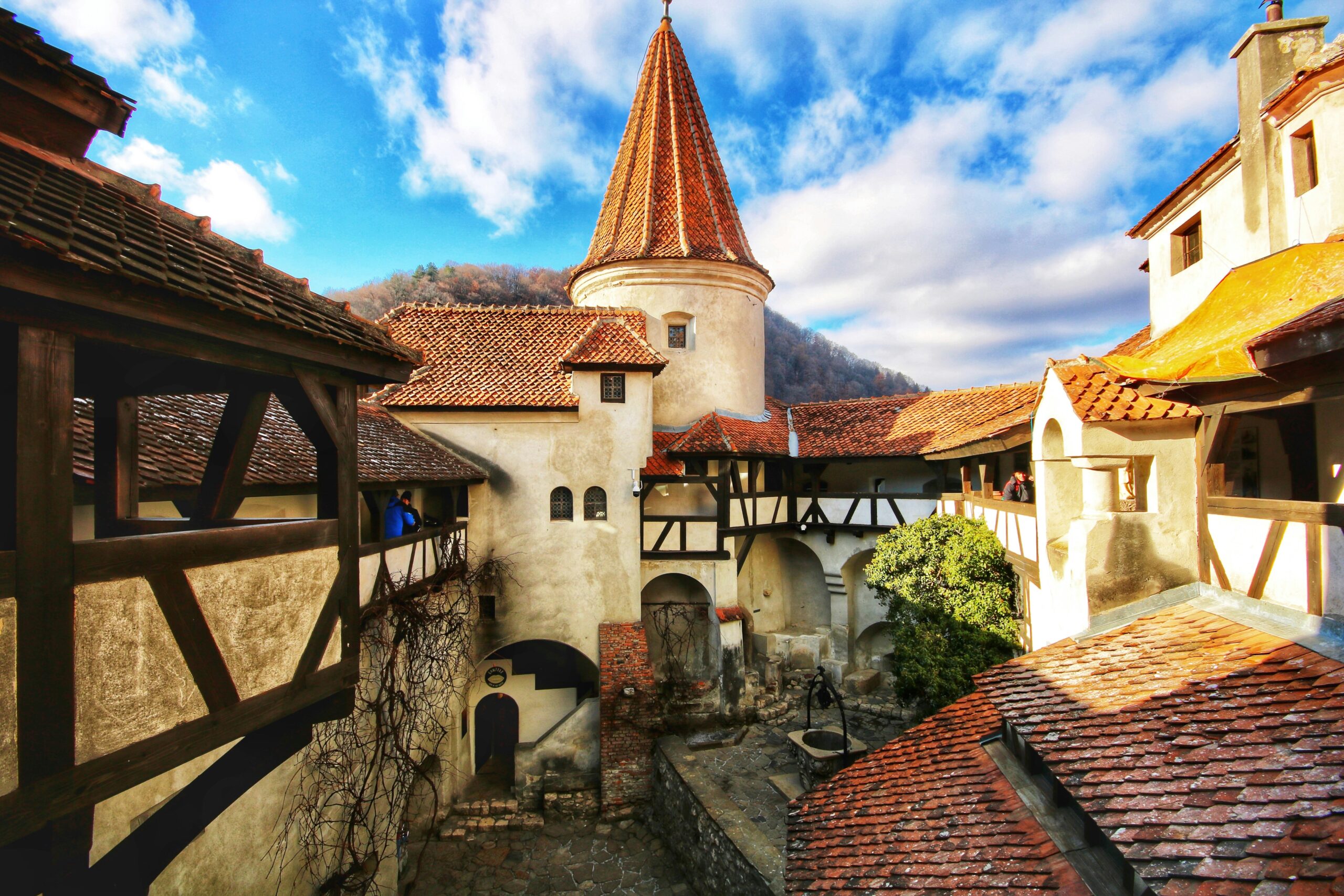
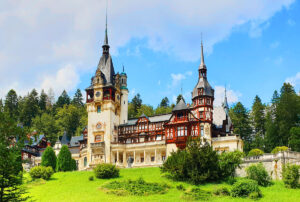

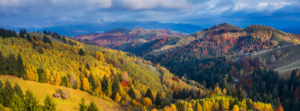
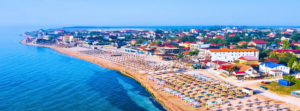

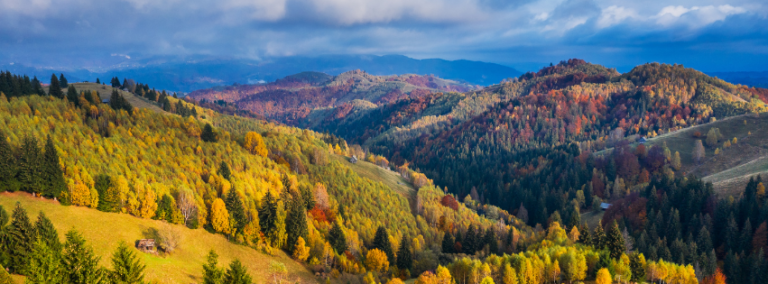
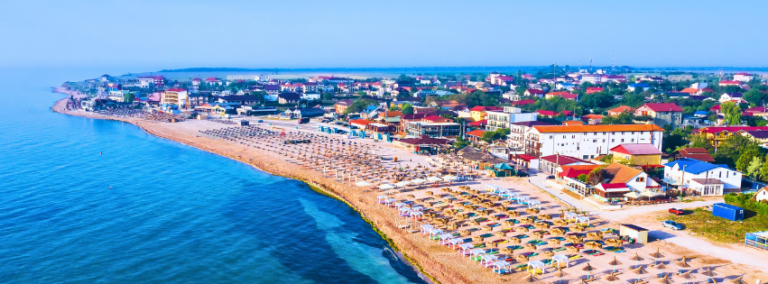
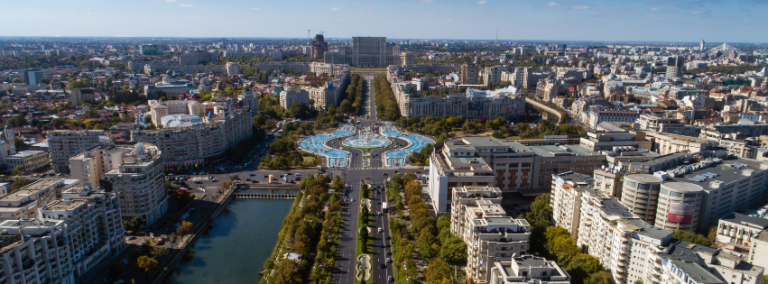
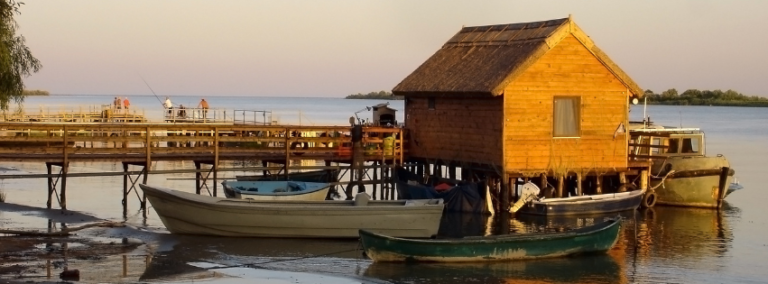
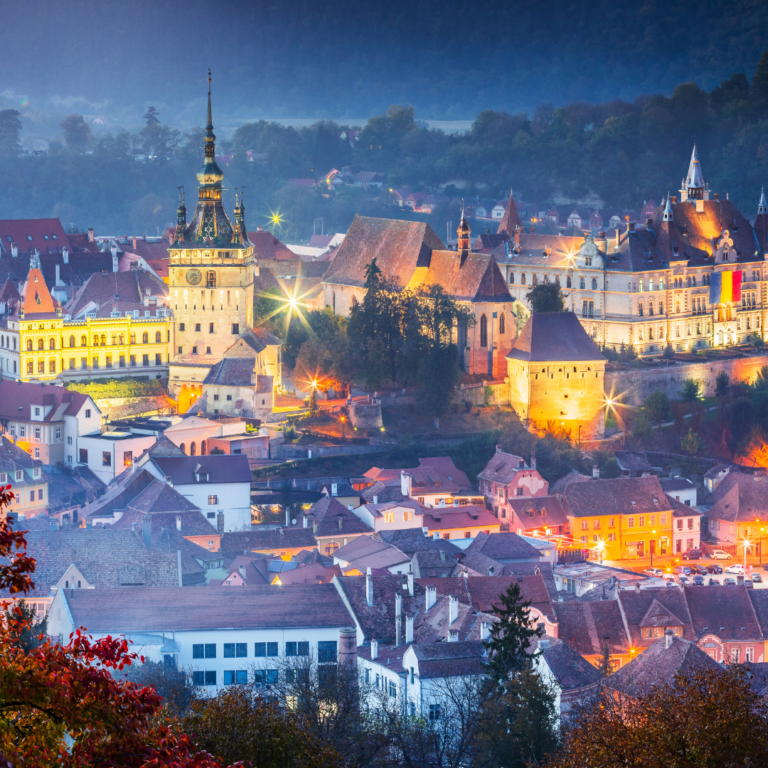
+ There are no comments
Add yours